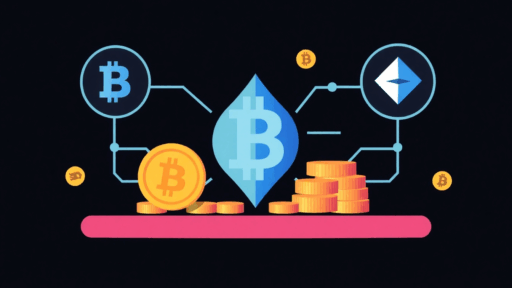The real estate market has always been competitive, but in 2025, success depends on a firm’s ability to anticipate and respond to constant marketing innovation. Buyers no longer respond to traditional listings alone.
They want fully immersive, tech-enabled experiences that connect them emotionally and practically to the properties. Agencies like WGG real estate advertising agency are leading this shift by integrating advanced digital strategies with localized expertise to drive measurable results.
Rise of Hyperlocal SEO
One of the most impactful developments is the rise of hyperlocal SEO. Real estate companies now create content targeted to micro-neighborhoods and points of interest such as school districts, transit hubs, and emerging residential zones.
This includes landing pages built around long-tail keywords like “affordable townhouses near Al Safa Park” or “loft apartments close to Dubai Internet City.” When paired with Google Business listings and rich snippets, firms can dominate local search results and attract highly qualified traffic.
Immersive Visual Content Takes Center Stage
Parallel to search optimization is the growing demand for immersive visual content. In 2025, static images no longer suffice.
High-resolution 3D virtual tours powered by Matterport and architectural rendering tools allow buyers to explore spaces remotely with exceptional detail. These are supported by drone videos and AR overlays that show future developments or potential renovations.
Not only does this reduce the need for multiple physical visits, but it also increases buyer readiness before they even speak with an agent.
Influencer Partnerships and Social Proof
Another major shift lies in social proof and influencer engagement. Real estate firms now collaborate with local micro-influencers such as interior designers, neighborhood vloggers, and lifestyle creators.
When combined with user-generated content from homeowners and tenants, this strategy builds a credible, humanized narrative around a listing. It’s no longer just about features—it’s about lived experience.
Lifestyle Branding as Storytelling
Agencies are also embracing lifestyle branding as a core storytelling tool. Instead of starting with square footage or room counts, listings now open with experiential narratives.
A description like “Wake up to the sound of the ocean and walk your dog along Marina Promenade” creates an emotional entry point. This approach expands into lifestyle video series, neighborhood photo essays, and even curated Spotify playlists that match the mood of the property.
Mobile-First, Messaging-Based Communication
Mobile-first communication has advanced significantly. With email fatigue on the rise, SMS and WhatsApp are becoming essential tools for lead nurturing.
Real estate firms now run campaigns that let users request viewing times, ask questions, and receive brochures directly through messaging apps. WhatsApp Business integration also enables automated replies, business verification, and catalog browsing.
Smart, Personalized Websites
Simultaneously, real estate websites are transforming into intelligent, personalized platforms. Dynamic content personalization powered by behavioral tracking helps sites recommend listings that match each user’s preferences.
Additional tools such as mortgage calculators, tax estimators, community amenity maps, and chatbots create a seamless journey from search to contract. This ensures a fluid user experience that adapts to individual needs.
Sustainability as a Marketing Cornerstone
Sustainability messaging has become a central theme in modern real estate marketing. Buyers are placing increased value on eco-conscious living.
Marketers now highlight solar panels, LEED certifications, and energy efficiency ratings as prominently as price and location. Virtual dashboards that showcase real-time energy use or carbon footprint offer an even stronger appeal to green-minded buyers.
Data-Driven Precision Marketing
Data-driven decision-making is now a powerful differentiator. CRMs integrated with analytics tools allow segmentation based on behavior, budget, engagement level, and lifecycle stage.
Marketers can deploy automated drip campaigns based on what users last viewed or interacted with. This minimizes wasted ad spend and dramatically boosts conversion rates.
Niche Platform Strategies
While major portals like Bayut and Property Finder remain influential, real estate marketers are seeing strong results on niche platforms. These include expatriate housing sites, luxury villa directories, and gated community forums.
Each platform allows for more specific messaging and refined lead targeting. This leads to higher ROI for each campaign.
Evolution of Video Content
Video content continues to evolve rapidly in 2025. Beyond virtual tours, firms now produce documentary-style stories such as “A Day in the Life at Palm Jumeirah.”
Expert Q&A sessions and market trend explainers are also gaining traction across YouTube, TikTok, and Instagram. These formats promote both visibility and long-term audience engagement.
Conclusion
In 2025, real estate marketing is no longer about listings alone—it’s about building digital ecosystems that inform, engage, and convert. Companies that tell compelling stories, personalize every touchpoint, and use the full range of modern platforms will lead the industry.
It’s not about chasing every trend but about applying the right ones with authenticity and precision. If you’re ready to move beyond traditional methods, partnering with a real estate advertising agency from Dubai may be the next step toward sustained growth and deeper buyer engagement.







